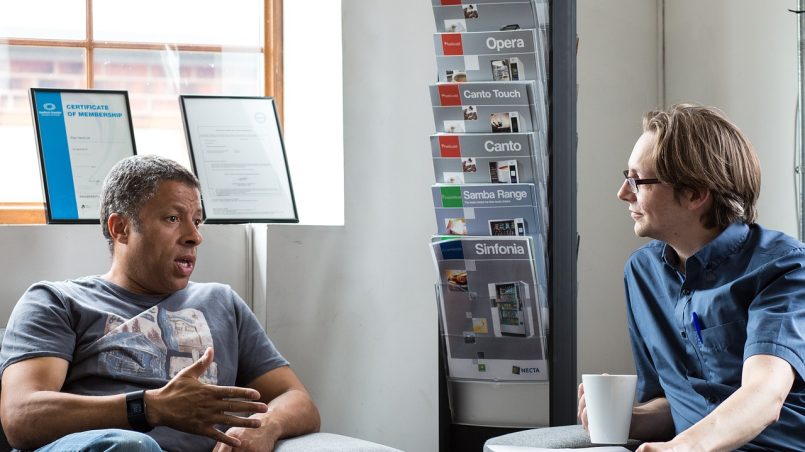Why Practicing Speaking English is Important
Speaking English well opens up many opportunities, from better job prospects to making new friends around the world. It helps you communicate clearly and confidently, which is essential in today’s global society. Practicing speaking English can boost your confidence and improve your overall language skills.
The Power of Consistent Practice
Most people forget to practice English, especially when living in a non-English-speaking country or working in a place where English isn’t used. Without regular practice, it’s easy to get nervous, forget words and vocabulary, and find it hard to maintain your English-speaking level. Setting aside a specific time each day for practice can make a big difference. Even just 15 minutes a day can help you improve. The more you practice, the more natural it will feel. Consistency is key to keeping your skills sharp and building confidence.
Practice with Native Speakers
One of the best ways to improve your English speaking skills is to practice with native speakers. This helps you understand the natural flow of the language, pick up on slang and colloquialisms, and improve your pronunciation. You can find native speakers through language exchange programs, online platforms, or by joining local conversation groups.
Record and Listen to Yourself
Recording yourself speaking English can be incredibly beneficial. It allows you to hear your own pronunciation, identify areas for improvement, and track your progress over time. Listening to your recordings can help you notice mistakes you might not catch while speaking. It’s a great way to self-correct and become more aware of your speaking habits.
Be Patient and Stay Motivated
Learning to speak English fluently takes time and effort, so it’s important to be patient with yourself. Celebrate your progress, no matter how small, and keep a positive attitude. Staying motivated can be challenging, but setting achievable goals and rewarding yourself when you reach them can help. Remember, every bit of practice brings you closer to your goal.
Use Interactive Apps for Practice
Technology offers many tools to help you practice speaking English. Here are four apps that can make your practice sessions more interactive and effective:
- FluentPal: FluentPal provides AI-powered role-playing scenarios and conversations with famous personalities, helping you practice speaking in real-life situations. It also offers detailed lessons, translation support, and a mirror option to see your expressions while speaking.
- HelloTalk: This app connects you with native speakers around the world for language exchange. You can chat via text, voice messages, and video calls, making it a great way to practice speaking with real people.
- Tandem: Similar to HelloTalk, Tandem pairs you with native speakers for language exchange. It offers correction features, allowing your partner to help you improve your speaking skills in real time.
- Rosetta Stone: Known for its immersive approach, Rosetta Stone offers speaking practice with native speakers through its TruAccent speech recognition technology. It helps you perfect your pronunciation and gain confidence in your speaking abilities.
Conclus ion
ion
Practicing speaking English doesn’t have to be difficult or boring. By being consistent, practicing with native speakers, recording and listening to yourself, staying patient and motivated, and using interactive apps, you can make significant improvements. Start incorporating these tips into your daily routine, and you’ll be speaking English more fluently in no time. Happy practicing!

